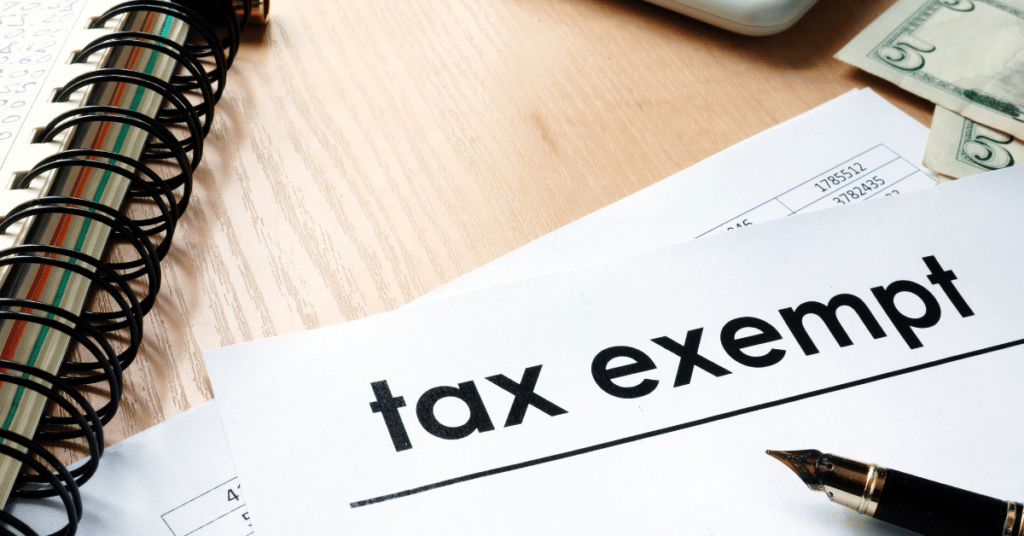Goods and services tax (GST) is a tax on the consumption of domestic goods and services. It is paid when money is spent on goods or services including imports. It is a multi-stage tax which is collected at every stage of the production and distribution chain, divided into “output tax” and “input tax”.
Output tax is the GST a registered business charges on the local supply of goods and services. The GST is collected by the business on behalf of Singapore Customs. Input tax is the GST a registered business has paid on purchases of goods and services for business purposes. The registered business may claim a refund on the input tax paid.
To determine the net amount of GST payable by or refundable to the GST-registered business in a given time period, the input tax paid is deducted from the output tax collected in that time period.
#1 What is GST applied to?

It is levied on the following:
- Goods and services supplied in Singapore by GST-registered businesses
- Goods imported into Singapore except precious metals investments or are granted import relief and
- Imported services procured from overseas suppliers. With effect from 1 January 2020, GST is chargeable on business-to-consumer (B2C) imported digital services under the overseas vendor registration regime and business-to-business (B2B) imported services by way of a reverse charge.
In short, the supply of goods and services is either taxable or exempt from tax.
#2 Rate Of Taxable Goods And Services
A taxable supply is one that is standard-rated or zero-rated.
- Standard-rated supply – GST is chargeable at 7%
- Zero-rated supply – GST is applied at 0% for the transaction. A GST-registered business charges GST at 0% on its zero-rated supplies but can claim the GST paid on its purchases to make those supplies. In Singapore, only exports of goods and international services are zero-rated.

#3 What Is Exempt From GST?
No GST is levied on a supply of goods and services that is exempt from GST, meaning a GST-registered business does not charge any GST on its exempt supplies and therefore, cannot claim the GST incurred on those goods or services used to make the exempt supplies in Singapore. In Singapore, the sale and lease of residential properties, financial services, precious metals investments and digital payment tokens (with effect from 1 January 2020) are exempt from GST.
In the recent Straits Times article on 6 October 2021, Finance Minister Lawrence Wong said the plan to raise the goods and services tax (GST) between next year and 2025 remains unchanged.
The minister reiterated the need to raise the Government’s recurring revenues given that recurrent expenditures will continue to go up due to factors such as healthcare and social spending, adding that there is “no avoiding this”.
The planned GST hike from 7 percent to 9 percent was announced in Budget 2018, and a $6 billion Assurance Package was announced in Budget 2020 to help cushion the impact of the hike, with more help directed at lower-income households.
“We will continue to consider all factors including our fiscal needs, as well as the prevailing economic conditions, in deciding on the timing of the GST rate increase,” said Minister Wong.
The Bill also included legislative amendments to effect tax measures announced in the Budget statement earlier this year as well as other Covid-19 support measures introduced in May and July.
Minister Wong also concluded with this: “We continue to monitor the situation closely and review all our schemes as needed. And should there be a need to extend any measure, any such extension will then be announced at Budget 2022, and then it will be effected in next year’s Income Tax (Amendment) Bill. So it’s an ongoing process.”




